Sulphur 397 Nov-Dec 2021
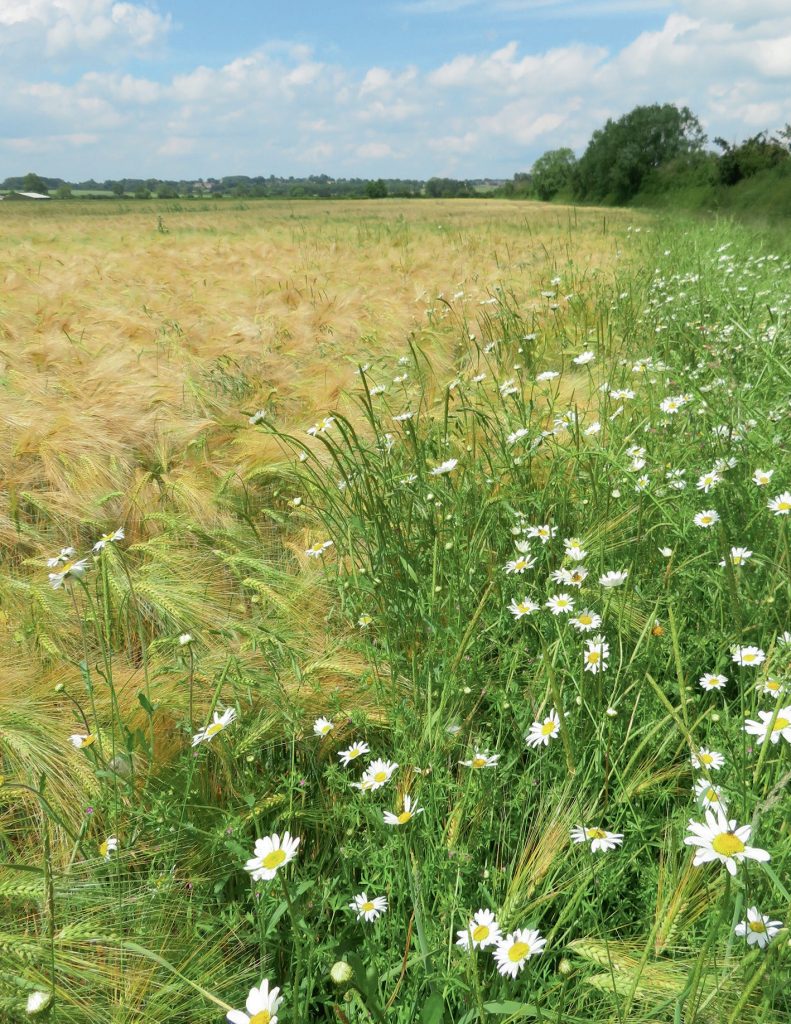
30 November 2021
A sustainable solution for sulphur waste
SULPHUR IN AGRICULTURE
A sustainable solution for sulphur waste
RSK and its subsidiary ADAS have developed a sustainable solution for the disposal of sulphur waste generated from a natural gas processing facility in Iraq. C. Teulon of RSK reports on the research that was carried out to test whether the waste sulphur from a biological sulphur removal process could be applied in agriculture to increase the quality and quantity of crops in Iraq.
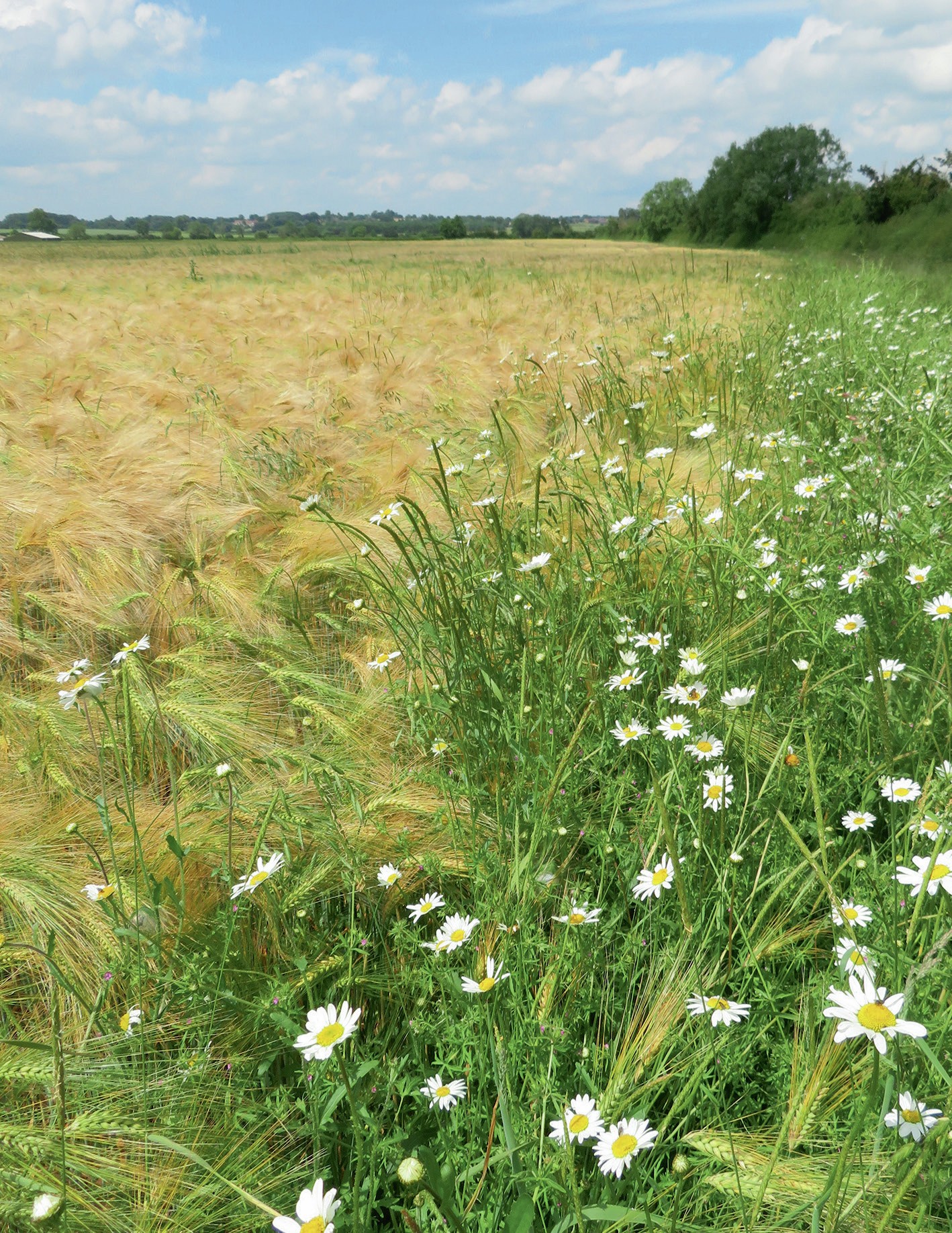
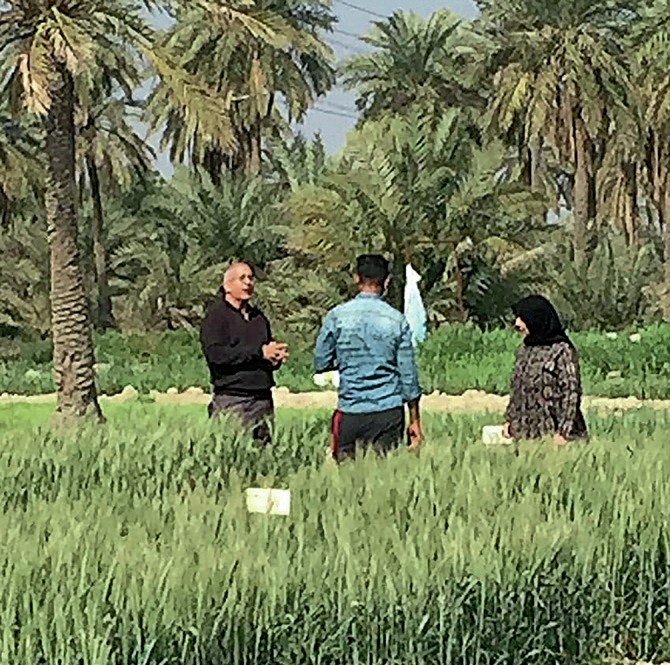
Evidence of Iraq’s vast petroleum resources are seen throughout the region in the extensive oil and gas extraction and processing facilities. Iraq is committed to reduce flaring by 2030 and as part of this, infrastructure is being developed to process natural gas that would otherwise be flared. Some of this gas is sour with elevated concentrations of poisonous hydrogen sulphide (H2 S) gas. In NGL processing the H2 S is converted to elemental sulphur which is produced as a waste product. While sulphur is a commodity in international markets, the volume produced in some facilities is not sufficient to warrant investment in infrastructure to facilitate export, and the quality at over 98% pure, is not always acceptable for other chemical uses.
In petroleum-rich southern Iraq, pollution and prevention and sustainability are aspirations but implementation is less of a reality. Waste management facilities are also limited. Further, the region is ravaged by war, plagued by poverty and water is scarce. Farmers in Iraq struggle in this marginal environment and are challenged with infertile soil and extreme climates.
RSK, a leading integrated environmental, engineering, and technical services business, completed an Environmental, Health and Social Impact Assessment (ESHIA) for a proposed sour gas processing facility (400 MSCFD associated gas) in Iraq that received funding from the International Finance Corporation. Elemental sulphur is recovered during the processing of associated gas using licensed bioreactor technology. The sulphur produced from the process is delivered as a solid powder with a dry matter of 79.9% and total sulphur content of 98.9% (based on dry matter).
The ESHIA identified that the recovered sulphur did not have a disposal outlet and the waste management facilities in Iraq were non-existent, overcapacity, or did not meet international requirements. Even at a rate of up to 43 t/d, the volume was not enough to consider export and there was no market for elemental sulphur with these specifications in Iraq. The objective was to find an environmentally responsible solution to re-use the sulphur and divert it from existing landfills.
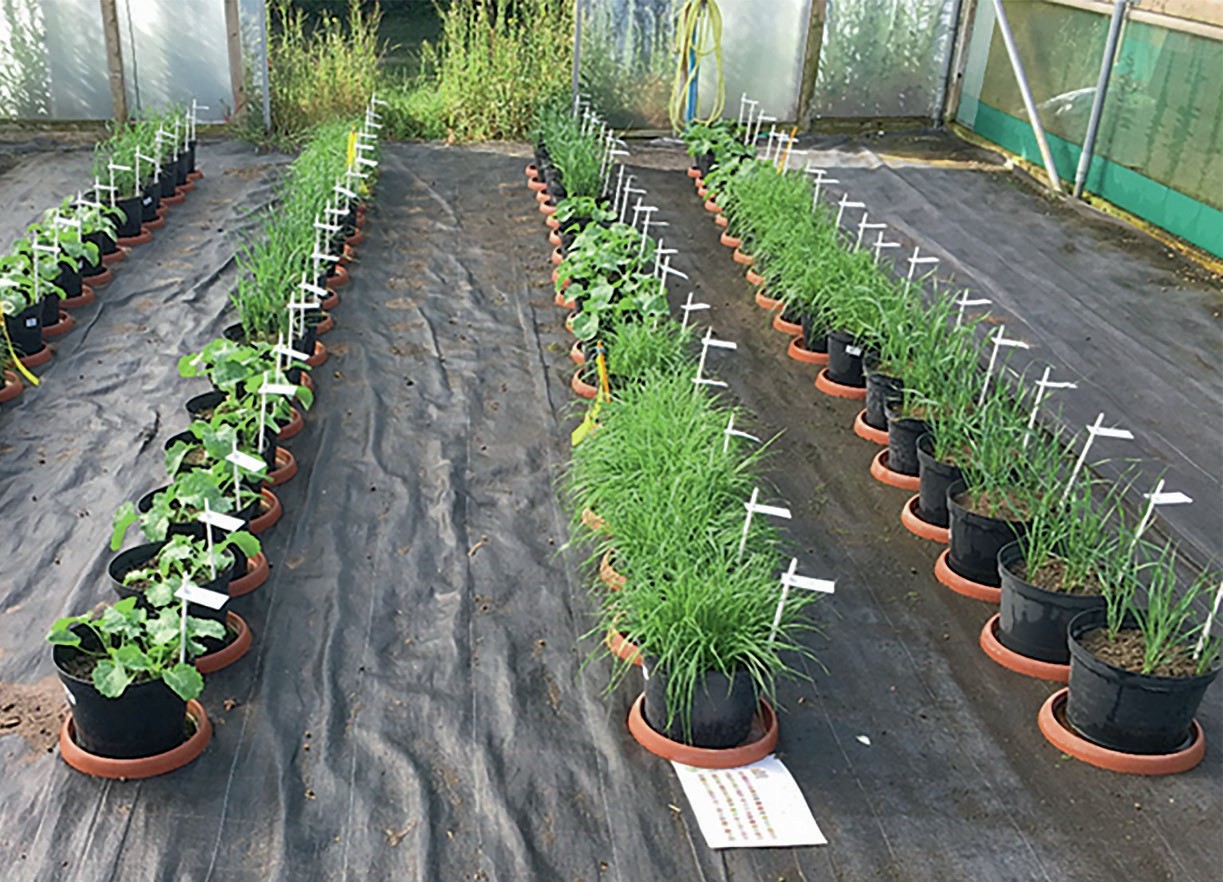
A detailed options analysis identified agriculture as a potential user since sulphur is a nutrient required for plant growth. A series of experimental pot and field trials in the UK and Iraq, completed in June 2020, were designed to research that hypothesis that the sulphur produced is beneficial in vegetable and cereal crops and will increase both the quality and quantity of the crops.
To research this hypothesis, RSK partnered with the University of Basrah College of Agriculture and engaged with ministries, industry stakeholders and farmers, while providing new learning and development opportunities for Iraqis.
The results showed that sulphur waste from a biological sulphur removal process could be applied to major crops in Iraq to increase yield and quality. Further the sulphur waste could be diverted from landfills while improving the bottom line for both the gas processor and the farmers.
Full physical (including spread assessments) and chemical characterisation on the waste sulphur concluded the sulphur was:
- non-hazardous;
- did not contain heavy metals;
- did not contain hydrocarbons;
- non-leaching;
- 60 – 75 % dry matter content;
- > 99.8% sulphur and the remainder biomass <0.2%;
- median diameter (D50) of 5.75 μm (rapid oxidation and uptake to plants);
- does not show hydrophobic behaviour typical of chemically produced sulphur.
UK pot trials
Pot trials were carried out by environmental consulting company ADAS in polytunnels in the UK to characterise the sulphur fertilizer. The specific objectives of the experiment were to:
- quantify the rate of oxidation of elemental sulphur to crop available sulphate in three contrasting soil types;
- measure any change in pH following application of elemental sulphur in three contrasting soil types;
- provide an initial test of crop response to elemental sulphur of oilseed rape, wheat and grass grown in three contrasting soil types.
The pot experiment provided valuable data on the availability of soil sulphur for plant uptake and impact on soil pH of the sulphur. The pot experiment concluded: l sulphur has not had a significant impact on soil pH;
- sulphur oxidised fast, and was available for plant uptake at a rate that was at least equal to soluble forms of sulphur;
- sulphur had no negative impact on plant growth.
UK field trials
The UK field trials consisted of experiments designed to characterise the sulphur fertilizer compared to other more commonly used water-soluble sulphur fertilizers and assess whether application of sulphur to a range of crop types increases crop yields/quality.
Sulphur response field experiments were carried out at three sites cropped with winter oilseed rape in 2019. Winter oil seed rape was selected for this work as it is known to be responsive to sulphur fertilizer and therefore provides a good test crop for these experiments.
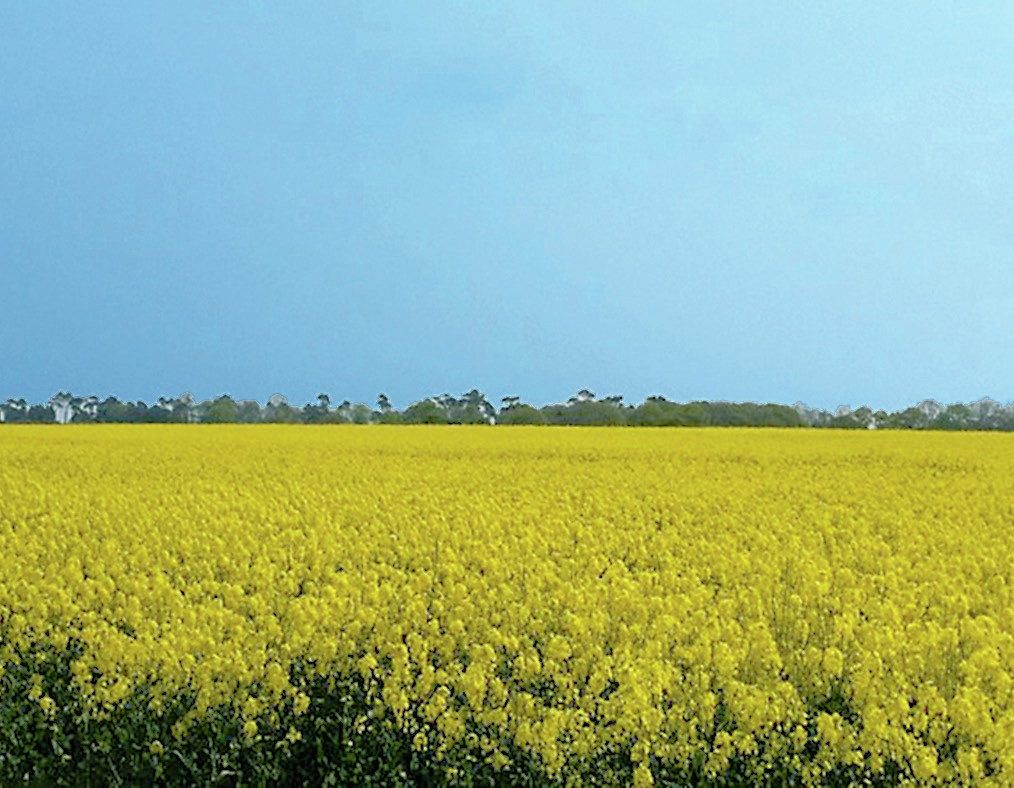
All sites showed a yield response to applied sulphur ranging from 0.2 to 1.8 ton/ha. Yield increases were measured from both the sulphur and ammonium sulphate fertilizer treatments at each site, supporting the use of sulphur as a source of fertilizer sulphur. Yield increases from the sulphur ranged from 0.1 to 1.6 t/ha.
The research suggested that the sulphur fertilizer is at least as effective as a water-soluble sulphur fertilizer in supplying sulphur to plants grown in pots.
Iraq pot trials
The objectives of the pot experiment undertaken by the University of Basrah in 2019 were to:
- provide an initial test of the crop response to sulphur on four representative crop species (sunflower, okra, corn, beans);
- measure the impact of sulphur application on soil pH and electrical conductivity.
The pot experiments included:
- three soil types (silty clay, sand, silt);
- three sulphur application rates (0 kg/ ha, 64 kg/ha and 6 t/ha);
- two organic matter application rates (0% and 5% by dry weight).
The Iraq pot trials concluded:
- a significant effect on pH was observed for all crops, with a significant reduction of pH at rate of 6 t/h as compared to the rate of 64 kg/ha (pH reduction in the Iraqi soil is important for soil conditioning);
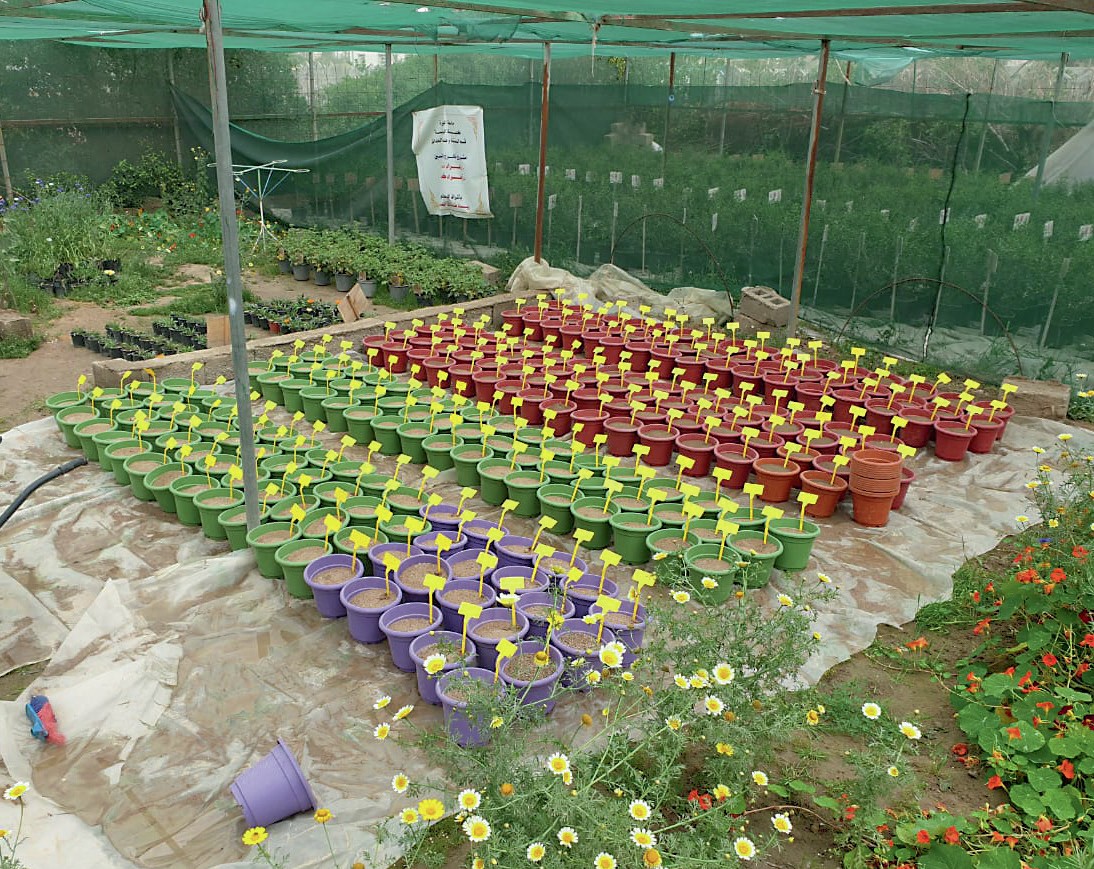
- application of sulphur accompanied with 5% organic matter improved performance of corn, sunflower, and okra grown in all three soil types and alleviated sulphur deficiency;
- sulphur had no adverse effect on growth of crops under study at all soil types.
Iraq field trials
The Iraq field trials were developed to further assess the feasibility of the sustainable solution for the sulphur which is the commercialisation of the sulphur product for sale into agriculture, as a fertilizer, in Iraq.
The objectives of the field experiments in southern Iraq were to assess the response of vegetable and cereal crops (tomato, onion, wheat, and barley) to added sulphur (0 kg/ha and 80 kg/ha) in terms of growth/yield and availability of sulphur in soil.
The Iraq field trials concluded:
- sulphur is a good source of crop available sulphur;
- tomato, onion, wheat and barley crops showed a positive yield response to applications of sulphur;
- ascorbic acid content in tomato (a quality metric) increased with the use of sulphur;
- grain yield and quality of wheat and barley were enhanced by addition of organic matter and sulphur;
- sulphur accompanied with increasing nitrogen and sulphur availability and uptake maximised yield quality of crops.
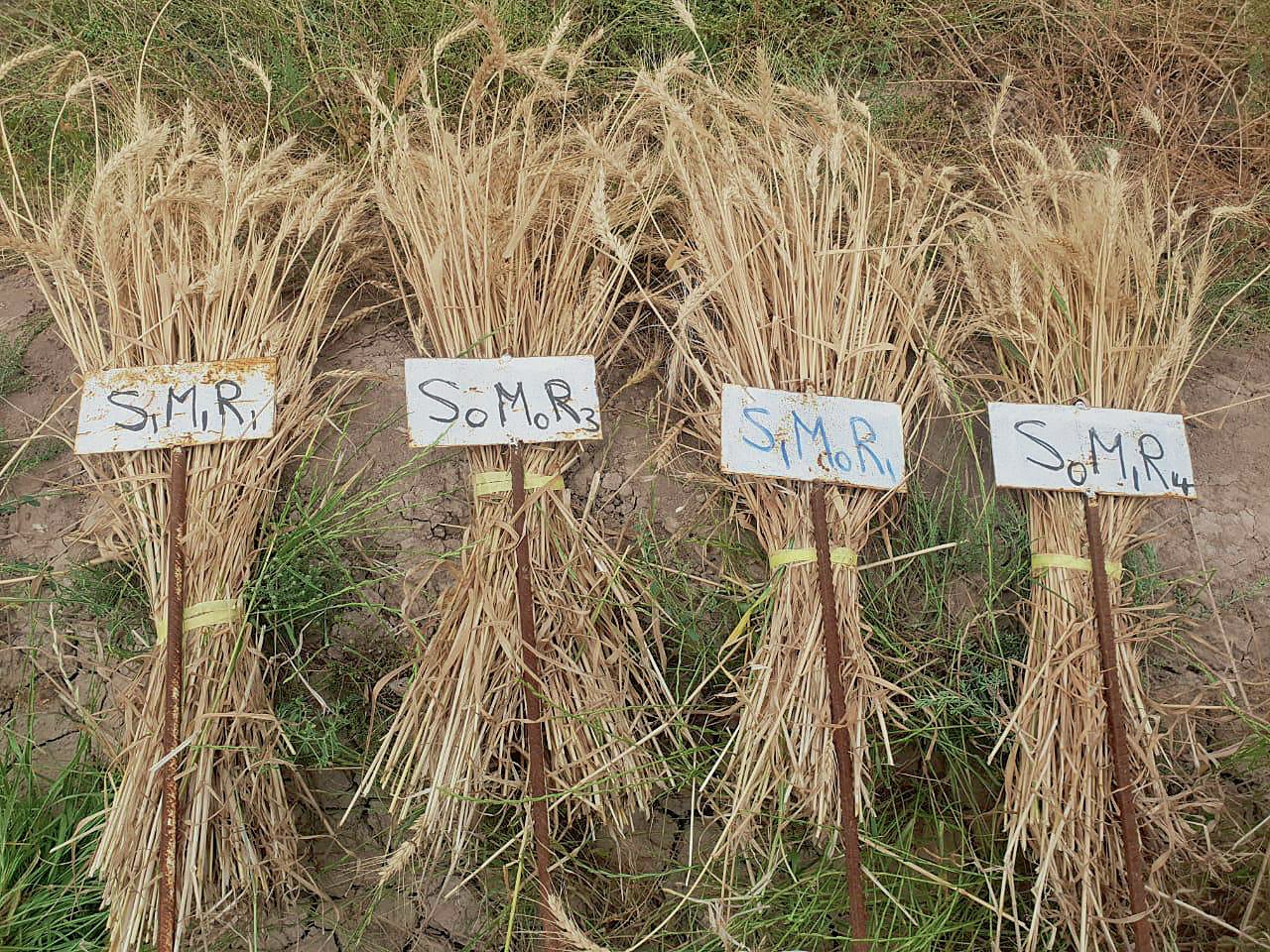
Conclusions and next steps
The UK and Iraq field experiments showed yield increases and benefits to crop quality from the application of sulphur, demonstrating that the product is a good source of crop available sulphur. The Iraq field experiments showed significant benefits to yield and crop quality across a range of crop types, which demonstrates that sulphur deficiency does limit crop yields in Iraq and that sulphur can be used as a source of sulphur to support Iraqi agriculture.
Next steps include assessment of several options for the supply and application of sulphur in Iraq:
- supply the powdered sulphur as a raw material to another fertilizer manufacturer for processing into a fertilizer product, most likely a multi-nutrient fertilizer product (solid or liquid);
- Process the sulphur into a liquid suspension fertilizer;
- process the sulphur into a granulated fertilizer product which can be applied using conventional fertilizer application equipment;
- supply the sulphur to chemical manufacturers.
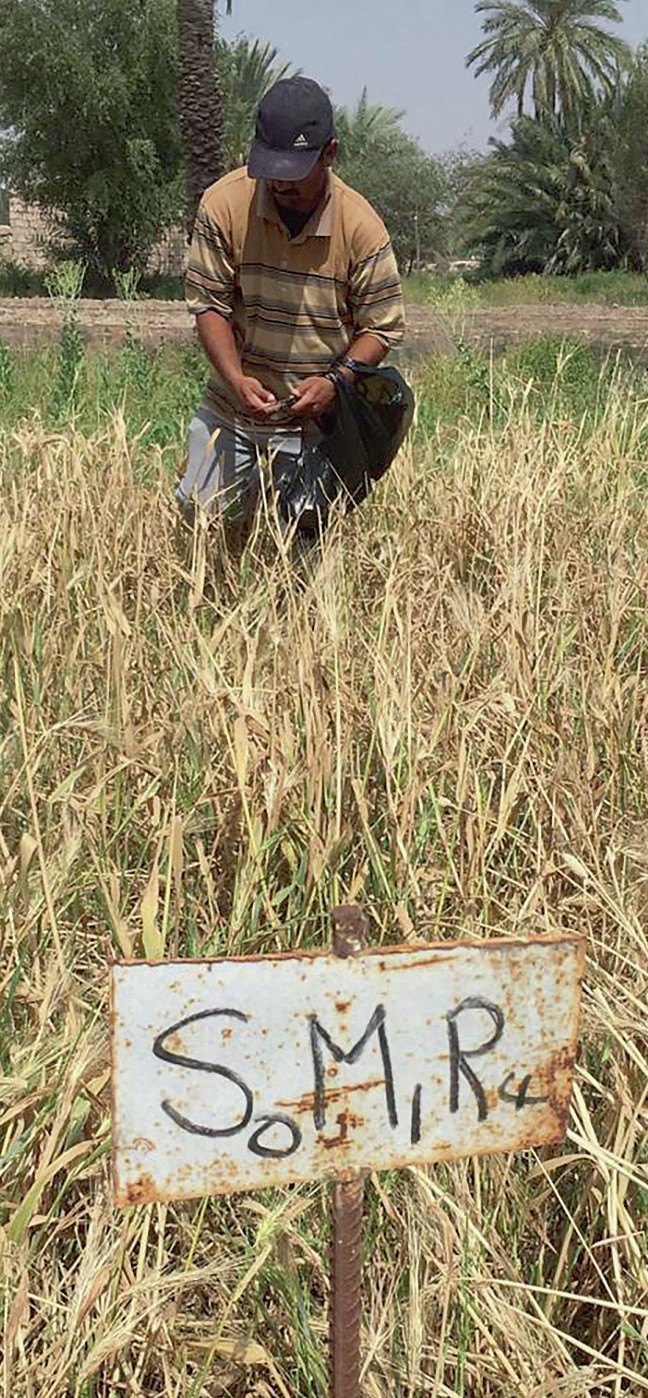
Acknowledgement
RSK gratefully acknowledges the support and contributions from the following: Dr Lizzie Sagoo, ADAS; Dr Peter Berry, ADAS; Dr Mohsen Disher, University of Basrah; Dr Rashad Adil Imran, University of Basrah; Dr Hayfaa Jasim Hussein, University of Basrah; Dr Najlah Jebur Mohammed, University of Basrah.
“The objectives of the field experiments in southern Iraq were to assess the response of vegetable and cereal crops with and without added sulphur”





